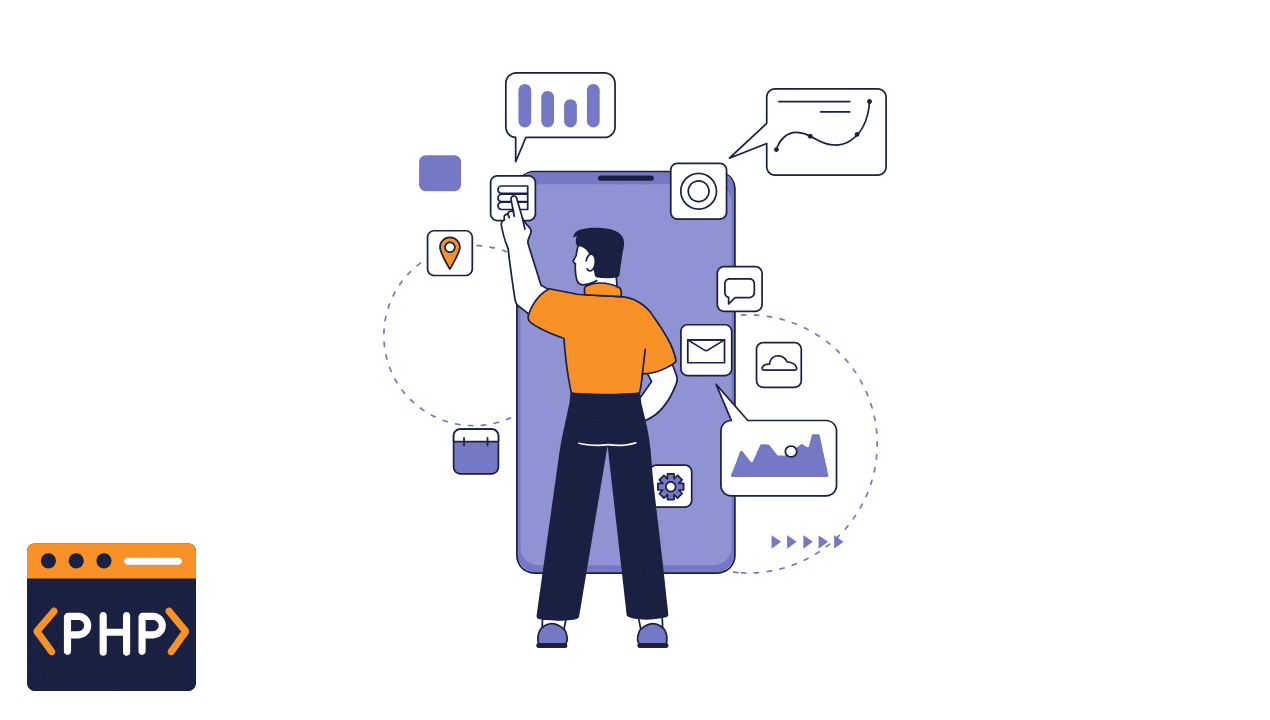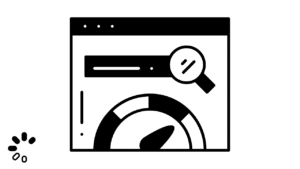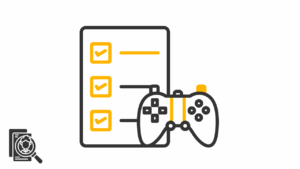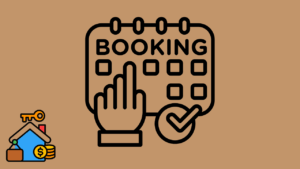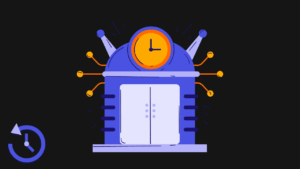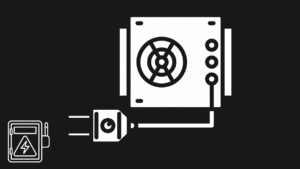Performance has a direct impact on user experience, scalability, and overall success in PHP projects that involve advanced web application development. Users expect web apps to load quickly and respond without delays; any hiccups can result in annoyance, increased bounce rates, and decreased user engagement. This implies that slower apps can drastically lower conversion rates and client retention for businesses. In this article, you’ll learn the process of optimizing performance in a web app development with the best PHP techniques that really work.
Additionally, PHP apps that are optimized use fewer resources, which lowers server expenses and guarantees more seamless scalability as user demands increase. In summary, focusing on performance in your PHP web application projects is essential for producing quick, reliable, and reasonably priced solutions that meet contemporary standards.
Why Performance Matters in Advanced Web App Development: PHP
Performance must be addressed early in the development cycle of PHP projects for sophisticated web app development. Significant setbacks, such as extensive rewrites and delayed deployment, can result from delaying code optimization until the very last minute. Performance testing and benchmarking during development help identify bottlenecks and guide choices that strike a balance between functionality and speed.
In addition, performance has a direct impact on both development efficiency and user satisfaction. PHP code that is clear and optimized speeds up future updates, makes maintenance easier, and reduces debugging time. Applications that use resources efficiently can grow with increasing traffic without requiring expensive infrastructure upgrades. Additionally, performance optimization often reveals security flaws, enabling programmers to create more robust PHP applications.
Key Performance Challenges in Web-Based PHP Applications
Although PHP is still a popular choice for web-based PHP applications, developers still face significant obstacles in terms of maintainability, security, and Optimizing Performance of a Web App.
- Vulnerabilities in Security: Data and users are at risk from common threats like SQL injection, code injection, cross-site scripting (XSS), and session hijacking. These weaknesses may lead to security lapses, financial losses, and damage to one’s reputation. To protect PHP applications, developers must use parameterized queries, secure session handling, input validation, and regularly update their code.
- Difficulties in Debugging: Due to PHP’s dynamic typing, bugs are often challenging to locate. Developers can identify and resolve problems more efficiently with the aid of tools like Xdebug, which provide valuable debugging and profiling capabilities.
- Performance Issues: Since PHP is an interpreted language, it may experience speed problems when encountering high loads. The secret to increasing app responsiveness is to optimize database queries and utilize caching systems, such as APC or Memcached.
- Interoperability with Previous Versions: Conflicts may arise when support for older PHP versions is maintained, as they may not be compatible with newer versions. Upgrades go more smoothly when PHP is updated frequently and compatibility is tested.
- Complexity of the Framework: Although they have learning curves, frameworks like Laravel increase productivity. Effective adaptation is facilitated for developers by starting with lighter frameworks and utilizing learning resources.
Essential PHP Techniques to Optimize Web Application Performance
For your PHP application to deliver scalable and quick web experiences, performance optimization is essential. Here are a few tried-and-true methods for creating sophisticated PHP web apps:
1. Employ Opcode Caching Web App Development Performance
Opcode caching reduces execution time by storing compiled code in memory, as PHP is interpreted with every request. By avoiding repeated parsing, programs such as OPcache and APCu significantly reduce response timesusing performance PHP techniques.
2. Make Database Queries More Effective
Your web-based PHP applications are slowed down by database bottlenecks. Utilize indexed and selective queries to maximize data fetch speed and minimize server load by retrieving only the fields that are required, as opposed to using “SELECT *.”
3. Implement Caching Web App Development Performance
Utilize caching to minimize server requests and store frequently accessed data, such as HTML fragments or query results. This method enhances the user experience while significantly reducing processing time.
4. Employ Asynchronous Procedures
Asynchronous requests, such as parallel cURL calls, increase concurrency and throughput by enabling the server to manage multiple external API or database calls simultaneously.
5. Reduce External Reliance
Add only the third-party libraries that are absolutely necessary. Dependencies that aren’t needed lengthen load times and use more resources.
6. Use a CDN and optimize server configuration
Utilize web servers like Nginx for efficient static content delivery, and ensure your server is running the latest versions of PHP. By distributing assets geographically, a content delivery network (CDN) such as Cloudflare expedites the delivery of content.
Web App Development Performance In Conclusion
Enhancing web application development performance, delivering secure, scalable, and quick applications requires PHP. Developers can enhance user experience, reduce expenses, and ensure long-term maintainability by implementing efficient strategies such as caching, query optimization, and code profiling. To remain competitive and meet evolving user needs, prioritize performance from the outset.
